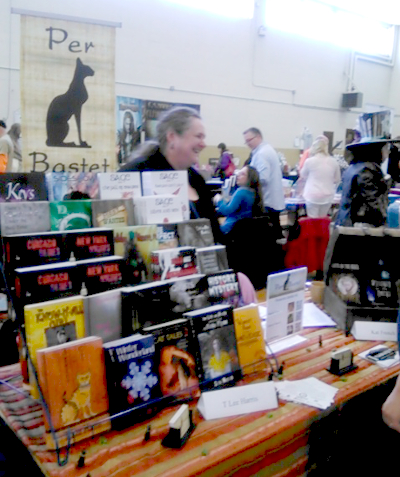Having stepped up my writing efforts this year, I haven’t taken part in
many writing events. But when I was asked by Crime Writers of Canada’s
Vice-Chair, Cathy Ace, if I’d like to take part, how could I refuse? It’s been
a couple of years since I attended one of these events and they were great fun
in the past. I also wanted a chance to catch up with colleagues and our
friendly Vancouver mystery booksellers, Dead Write Books.
 As anticipated, the night was terrific. I met a new author who’s just signed his first contract. Also, two of the shortlisted
nominees (and in the same Unhanged category!) were in our audience and understandably delighted to hear their names read out.
As anticipated, the night was terrific. I met a new author who’s just signed his first contract. Also, two of the shortlisted
nominees (and in the same Unhanged category!) were in our audience and understandably delighted to hear their names read out.
This is a great time for Canadian crime writers. The talent in this country
is among the best! If you’d like to
know more about these folks, or if any of them live in your area, please
check out the Crime Writers of Canada website.
You’ll find a list of bios, newly released titles and upcoming events. You’ll
also find the complete list of shortlisted nominees in all eight categories.
The winners will be announced at a gala in Toronto on Thursday, May 26 (more
details are on the website).
The Author Ellis awards, by the way, were first launched in 1983 and named
after the nom de travail of Canada’s last hangmen. As you can see,the award is a
little wooden hanging man that is far cuter than gruesome.
Crime writing is alive and well in Canada, and given that May is National
Crime Writing Month, I invite you to purchase a book by a Canadian crime
writer.



